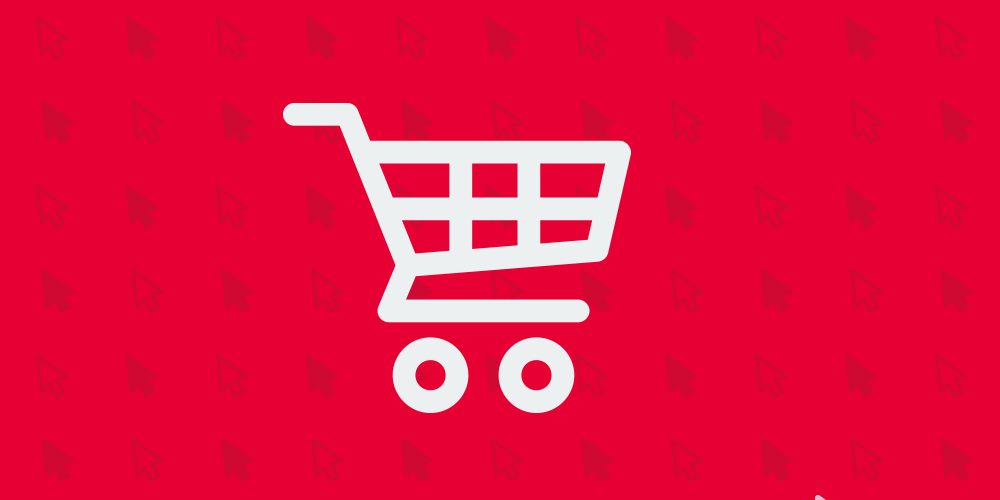What Is Personal Cybersecurity?


Highlights:
- No matter your profession, working remotely can leave you more vulnerable to digital attacks than you might be in a physical office.
- A lack of strong personal cybersecurity habits can put not only your personally identifiable information at risk, but also the information of your employer, coworkers and clients.
- Digital infiltration can happen in a number of ways, so prevention requires a multi-layered approach.
Working from home and other remote locations is increasingly common. But the same technology that makes remote work possible also creates opportunities for hackers and cybercriminals looking to steal personal data.
Why you should take cybersecurity seriously
Many remote workers face a higher cybersecurity risk than they might in a physical office space. Lax personal cybersecurity can put not only your personally identifiable information at risk, but also the information of your employer, coworkers and clients.
Thieves might target corporate bank accounts or credit card numbers. Hackers may use malware to access important files. If your company deals with a lot of sensitive client data, this information could even be targeted for large-scale financial fraud or identity theft.
In short, poor personal cybersecurity can create a major risk for you and your employer. There’s no way to totally eliminate cyber threats, but there are steps you can take to help reduce your risk — even while working remotely.
How to better protect yourself against cyberattacks
Criminals can gain unauthorized access to digital information through a number of means — including malicious software, hacking and phishing scams — so prevention requires a multi-layered approach. To boost your personal cybersecurity, you must focus on concealing your computer’s unique data, protecting sensitive information and blocking harmful software.
Use antivirus software and firewalls. Antivirus software detects, isolates and removes malicious software, or malware for short. Malware encompasses a wide range of harmful software that can corrupt, alter, erase or copy sensitive data for criminal use. You can avoid some malware by using a firewall, which is a security feature that can recognize and block certain types of malware before they even download.
Use a VPN. A VPN (virtual private network) conceals your IP (internet protocol) address and web activity, preventing bad actors from accessing your location and seeing your browsing history. VPNs do this by substituting your true IP address — a string of characters that tells other computers where to find you when sending and receiving data — with a different one. The result? Safe, anonymous internet use.
How to protect your personal information online
Strong passwords. If a criminal guesses your password, they can access your personally identifiable information, leaving you vulnerable to fraud. Protect yourself by creating complex passwords using unique, randomized assortments of uppercase and lowercase letters, numbers and symbols that are memorable to you. Also be sure to change your passwords regularly.
Password manager. For an added layer of security, use a password manager, which helps you create and maintain a roster of unique, complex passwords for each of your online accounts. Password managers use encryption to keep your passwords safe and accessible only to you. You can download and use some basic password managers for free or pay a fee for an option with more features.
Multi-factor authentication. Another way to protect your digital accounts is through multi-factor authentication, the most common form of which is two-factor authentication (2FA). Multi-factor authentication is a process that asks the user to verify their identity in multiple ways — 2FA typically asks you to enter your login credentials, along with a code sent through email or text messages. The additional confirmation creates an extra hurdle for password thieves.
Secure internet connections. Avoid using public Wi-Fi networks, as they typically offer unsecured internet connections that are vulnerable to hackers and other digital criminals. If you have to use public Wi-Fi, be sure to use a virtual private network (VPN) to encrypt your connection so that you can safely browse the internet, even though you’re connected to an unsecured public network.
Watch out for internet scams. Phishing is a common technique used by cybercriminals to trick you into willingly providing sensitive information. Thieves send emails or other forms of communication mimicking a trustworthy source, such as your bank or a government agency. Phishers often include hyperlinks that download malware to your device. Common signs of phishing messages include misspellings and awkward grammar. Be skeptical of emails or text messages urging immediate action, and don’t download attachments if they're not from a known and trusted contact.
After you put these security measures in place, you may be tempted to breathe a sigh of relief. But your work isn’t over yet.
Make sure to update your software and security services frequently, and keep an eye on the latest cybersecurity trends. When your office is your home, personal cybersecurity is a must.

Sign up for a credit monitoring & ID theft protection product today!
For $19.95 per month, you can know where you stand with access to your 3-bureau credit report. Sign up for Equifax CompleteTM Premier today!



